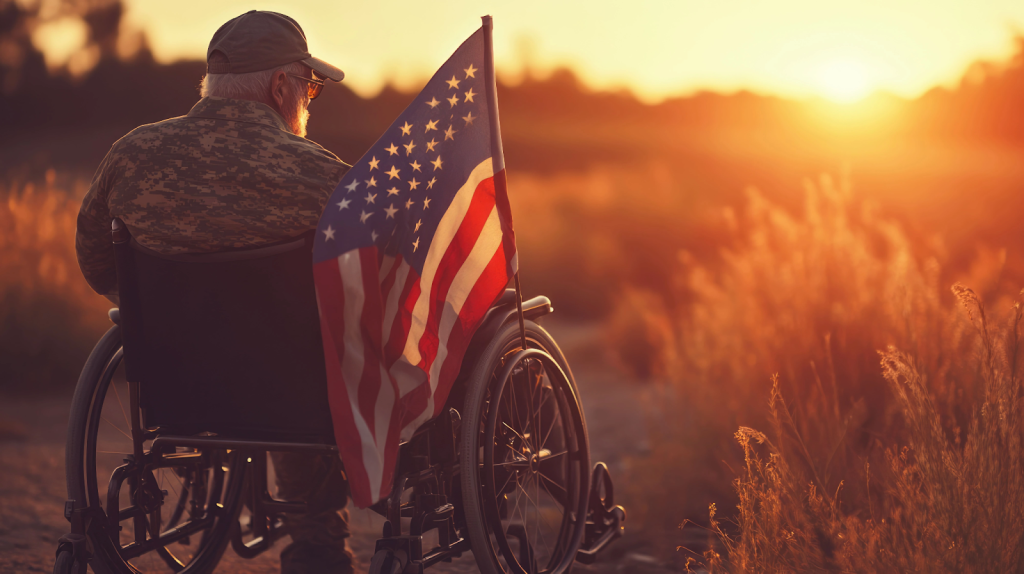Rideshare accidents present unique challenges when it comes to medical bills and liability. Unlike standard car accidents, determining who is responsible for covering treatment can involve the driver, Lyft as a company, or personal insurance policies. Understanding how medical expenses are handled after a Lyft crash is crucial for victims seeking prompt care and fair compensation.
This guide explains how medical bills are typically covered, what steps to take immediately after an accident, and how professional legal guidance can help navigate this complex process.
Immediate Steps After a Lyft Accident
After any Lyft accident, the first priority is safety. Move to a secure location if possible, check for injuries, and call 911 if anyone requires medical attention. Documenting the accident scene is essential: take photos of vehicles, street conditions, and any visible injuries. Collect contact information from witnesses and the Lyft driver.
Contacting a Lyft accident lawyer early can be invaluable. They can guide you on reporting the accident correctly, preserving evidence, and understanding your coverage options. Attorneys experienced in rideshare incidents ensure you follow the proper steps with both the insurance company and Lyft’s claims process, protecting your right to have medical bills covered fully.
Lyft’s Insurance Coverage
Lyft maintains multiple layers of insurance to cover accidents involving their drivers. While a driver is online and carrying passengers, Lyft provides primary liability coverage for injuries and property damage. This includes coverage for medical bills, up to the policy limits, depending on fault and the severity of the accident.
Understanding Lyft’s insurance requirements and coverage limits is essential. Many victims assume personal auto insurance will automatically cover rideshare accidents, but policies often have exclusions for commercial activity. Consulting with a Lyft accident lawyer helps determine which insurance applies, how to file claims efficiently, and what documentation is necessary to support medical expenses.
Personal Insurance and Supplemental Coverage
If Lyft’s insurance does not fully cover medical expenses, your personal auto or health insurance may come into play. Health insurance typically covers medical treatment but may seek reimbursement from other responsible parties. Personal auto policies sometimes provide additional coverage for injuries, but this varies widely.
A lawyer can review all relevant policies to ensure that medical bills are covered without gaps. They can also help coordinate between multiple insurers and Lyft’s claims process, preventing delays or disputes that could hinder your recovery.
Managing Medical Expenses and Documentation
Keeping detailed records of all medical treatments is essential. Document doctor visits, hospital stays, prescriptions, and rehabilitation services. These records serve as proof of your injuries and ensure that insurance companies and Lyft’s claims team accurately calculate compensation.
An attorney can help organize these records, verify that all expenses are accounted for, and communicate with insurers on your behalf. Proper documentation increases the likelihood that your medical bills will be fully covered and that your claim reflects the total cost of recovery.
Coordinating Claims Between Multiple Parties
In many Lyft accidents, multiple parties may share responsibility, including the Lyft driver, other motorists, or even municipal entities if road conditions contributed. Coordinating claims between different insurers can be confusing and time-consuming.
A lawyer can manage these interactions, ensuring that each insurer understands their obligations and that claims do not fall through the cracks. Proper coordination prevents delays in covering medical bills and helps avoid disputes over who is responsible for which expenses. By handling communication, documentation, and negotiation with all parties, an attorney ensures that your medical costs are addressed promptly and that you receive the full compensation you are entitled to.
Long-Term Care Considerations
Some injuries from Lyft accidents may require ongoing treatment or long-term rehabilitation. Settlement negotiations must account for future medical costs, lost wages, and potential permanent disability. Early legal guidance ensures that these factors are considered when calculating compensation.
Engaging a lawyer early allows for accurate assessment of both immediate and future medical needs, ensuring that settlements or claims cover the full scope of recovery, not just initial treatment.
Conclusion
Medical bills after a Lyft accident can be complex, involving Lyft’s insurance, personal policies, and sometimes multiple layers of coverage. Taking immediate safety measures, documenting the accident, and keeping detailed medical records are crucial first steps.
Consulting a lawyer ensures that all applicable coverage is used correctly, medical expenses are fully accounted for, and your rights are protected throughout the claims process. With proper guidance, victims can focus on recovery while their medical bills are handled efficiently and fairly.







